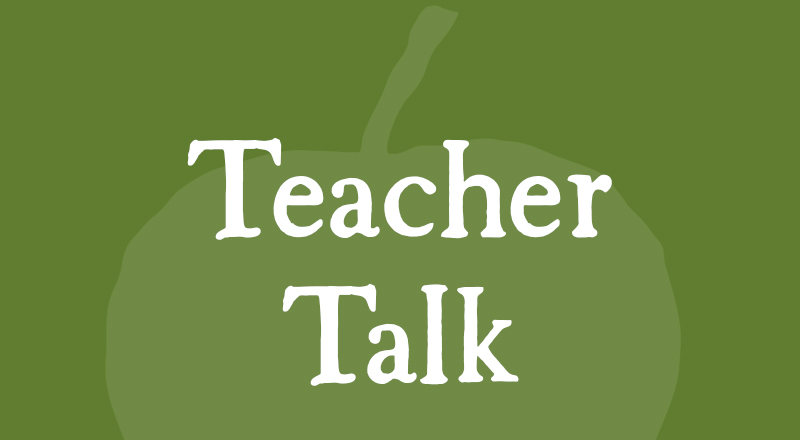Planning your kitchen garden approach for 2018

We’re halfway through Term 4 already – time to start thinking about getting ready for the year ahead.
Why not use the Australian Curriculum’s general capabilities and the cross-curriculum priorities as starting points for your kitchen garden planning for 2018?
A kitchen garden program is an ideal way in which to embed the crucial general capabilities of literacy and numeracy.
In the visual knowledge element of literacy, for example, students can consider creative writing pieces that range from observations of plant biology, insect life and garden design to collecting and documenting family recipes and food traditions. This, combined with visual evidence such as photographs and drawings, allows students to learn how to combine images and words to create meaning.
In numeracy, students have many opportunities to collect, interpret and analyse their own data in the course of kitchen and garden activities, thereby developing an understanding of the element of interpreting statistical information.
For example, students can collect a range of statistical information on water consumption, amount of rainfall, and the growth rate of vegetables and herbs, or data on categorical variables such as the food likes and dislikes of their peers and variables for growing conditions. They can use this information to develop knowledge of graphing, producing column bar graphs, dot plots and histograms to represent information.
The kitchen and garden are also natural entry points to learning about the two cross-curriculum priorities: sustainability and Aboriginal and Torres Strait Islander histories and culture.
There are many opportunities to compost, investigate the use of water in the garden, build worm farms, save seeds, reuse and recycle in both the kitchen and kitchen garden spaces, giving students the opportunity to understand sustainability in a hands-on, practical way.
In the kitchen and garden, students can explore traditional land management practices and the use of native Australian plants as Aboriginal bush medicines, or they can grow a bush tucker garden and study the recipes and dishes of Aboriginal and Torres Strait Islander histories and cultures.
The Foundation has some great resources to help with planning for 2018.
- Useful curriculum planning resources on the Shared Table, the Foundation’s online resource library for Kitchen Garden Program schools and Kitchen Garden Classroom members:
- Curriculum planner for teachers: a planning tool to link kitchen garden program learning to the Australian or Victorian curriculums.
- Kitchen garden program term planner: a template for planning learning outcomes in both the kitchen and the garden week by week.
- Planning for curriculum integration: plan from term to term for integrating your curriculum with kitchen garden program learnings.
- The Kitchen Garden Seasonal Planner is a tool to help plan kitchen garden program activities, based on the four seasons. It includes a supporting booklet with a seasonal list of garden, kitchen and learning activities.
- Teachers and kitchen garden specialists alike benefit from working together when planning for successful learning outcomes. The Foundation’s practical face-to-face professional development sessions cover both the kitchen garden basics and networking opportunities for educators and anyone new to a kitchen garden program.
We would love to hear your teaching and learning experiences in your kitchen garden program. Contact steph@kitchengardenfoundation.org.au to share your kitchen garden planning tips, or post on the Shared Table.
Happy teaching!

Steph Davies, Education Advisor
< Back to Latest News
